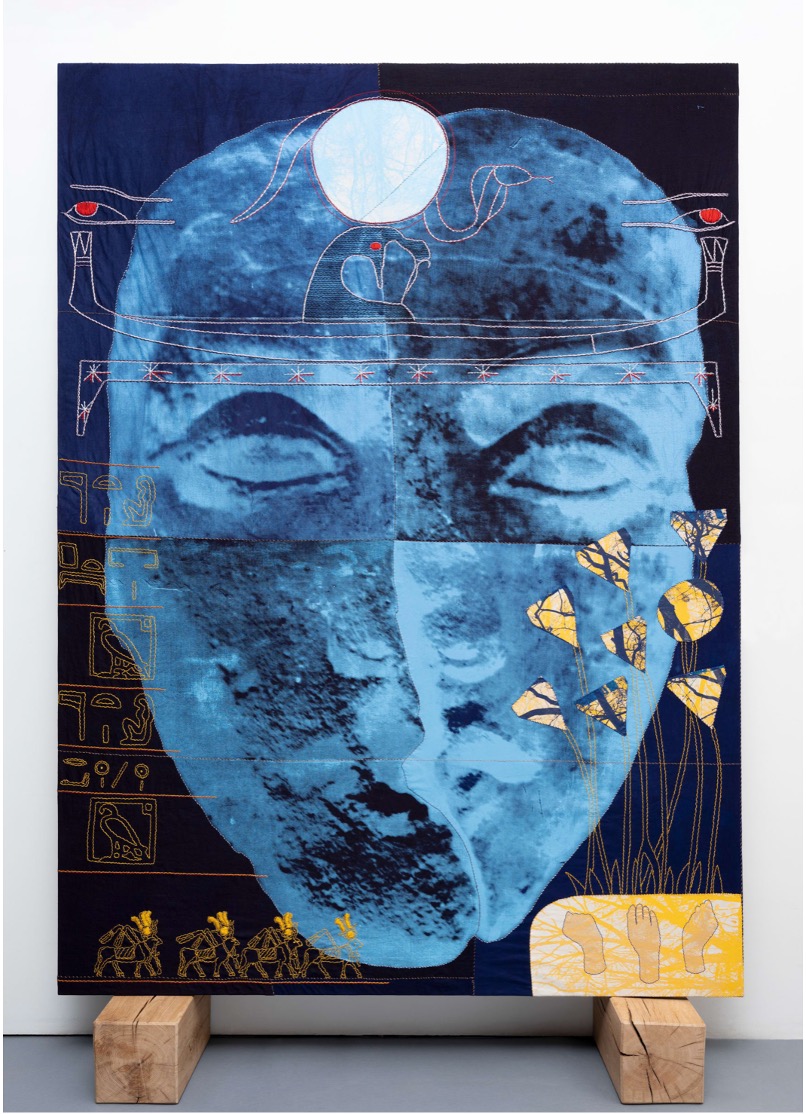African American Christianity: From Kemet to Du Bois’s Black Church
DOI:
https://doi.org/10.15367/r4ge6y40Keywords:
Black Church, W.E.B. DuBois, African Civilizational Continuity, Location Theory, Two-Cradle Theory, Biblical Theology, Temple AfricologyAbstract
This essay critically examines the African civilizational continuity of the Black Church, challenging the dominant Eurocentric narrative that situates it as a syncretic byproduct of enslavement rather than as an extension of African spiritual agency. Using an Afrocentric methodological framework, the study reinterprets W. E. B. Du Bois’s historiographical analysis in The Negro Church and The Souls of Black Folk argues that his reliance on Western epistemology limits his recognition of the Black Church's deeper African origins. This research incorporates Asante’s Location Theory, Diop’s Two-Cradle Theory, and Obenga’s historiographical methods to reposition the Black Church within an unbroken continuum of African spirituality, extending from Kemet (Ancient Egypt) to contemporary African American religious institutions. Methodologically, this study employs a historical-comparative approach to analyze primary sources—including Du Bois's sociological texts, Cheikh Anta Diop's historiographical corrections, and James Cone's Black Liberation Theology—alongside secondary sources from Africology and African religious studies. The data collection involves textual analysis of theological writings, historical accounts, and ethnographic evidence demonstrating African retentions in Black religious traditions. The findings reveal that the Black Church is not a hybridization of African and Christian elements but a continuation of African priestly governance structures, oral traditions, and cosmological epistemologies under Christian symbolism. Furthermore, the study critiques the theological limitations of Cone, Willie J. Jennings, and J. Kameron Carter, exposing their reliance on biblical reconciliation models that inadvertently sustain an anti-African theological framework. The results of this analysis indicate that Afrocentric historical theology must move beyond the creolization thesis and instead assert the Black Church as an African institution that predates and transcends biblical Christianity. This work advocates for a paradigm shift in Black theology that decenters biblical dependency, reclaims African epistemological autonomy, and repositions the Black Church within African civilizational continuity.
Published
Issue
Section
License
Copyright (c) 2025 Min. Qadry Harris

This work is licensed under a Creative Commons Attribution-NonCommercial-NoDerivatives 4.0 International License.

